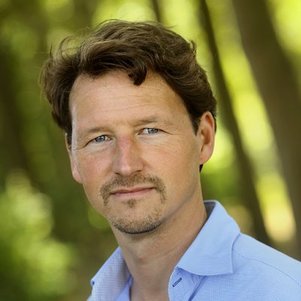TU Delft collaborates on development of Amsterdam data heat network
TU Delft is launching – in collaboration with infrastructure specialist Firan, the City of Amsterdam and the AMS Institute – the ‘Digital Heat’ project in the Metropolitan Region of Amsterdam (MRA). The goal is to develop a future-proof low temperature heat network in Amstel III Zuid using residual heat from a nearby data centre. The project serves as a ‘demonstration’ in which the researchers want to show that data centre heat can be used on a large scale after removing (financial and technical) uncertainties and developing ready-made connection concepts.
Benefits for the Amsterdam Metropolitan Area
In the project, TU Delft and Firan focus on the development of heat and cold grid (5GDHC) concepts and design guidelines for robust connections of homes and utilities to these 5GDHC networks. The impact of the project is substantial. Initially, the potential of data centre heat in Amstel III can be used to sustainably heat the surrounding built environment. This will result in at least 70% CO2 savings compared to natural gas and 100% CO2 savings if the electricity is also generated sustainably. This means one data centre could achieve CO2savings of 39 tonnes for 50,000 new homes or 25,000 existing homes. The national savings potential of data heat is 600 kton. In addition, the water and energy consumption of the data centre will decrease, and it will generate employment for companies that develop heat, as well as companies that use heat (including project developers) in the region.
Ivo Pothof, part-time associate professor Smart Thermal Grids: ‘The project focuses on the development of innovative heat network concepts and their scalable and affordable application in a dynamic built environment. We would like this demonstration project to help accelerate the energy transition in the MRA and enhance the development of a sustainable, internationally competitive metropolitan region that is committed to the use of local sustainable (heat) sources.’
European Regional Development Fund (ERDF)
The grant for this project was awarded by the European Regional Development Fund (ERDF) in the framework of Opportunities for West II (KVW-0400). Read more.



